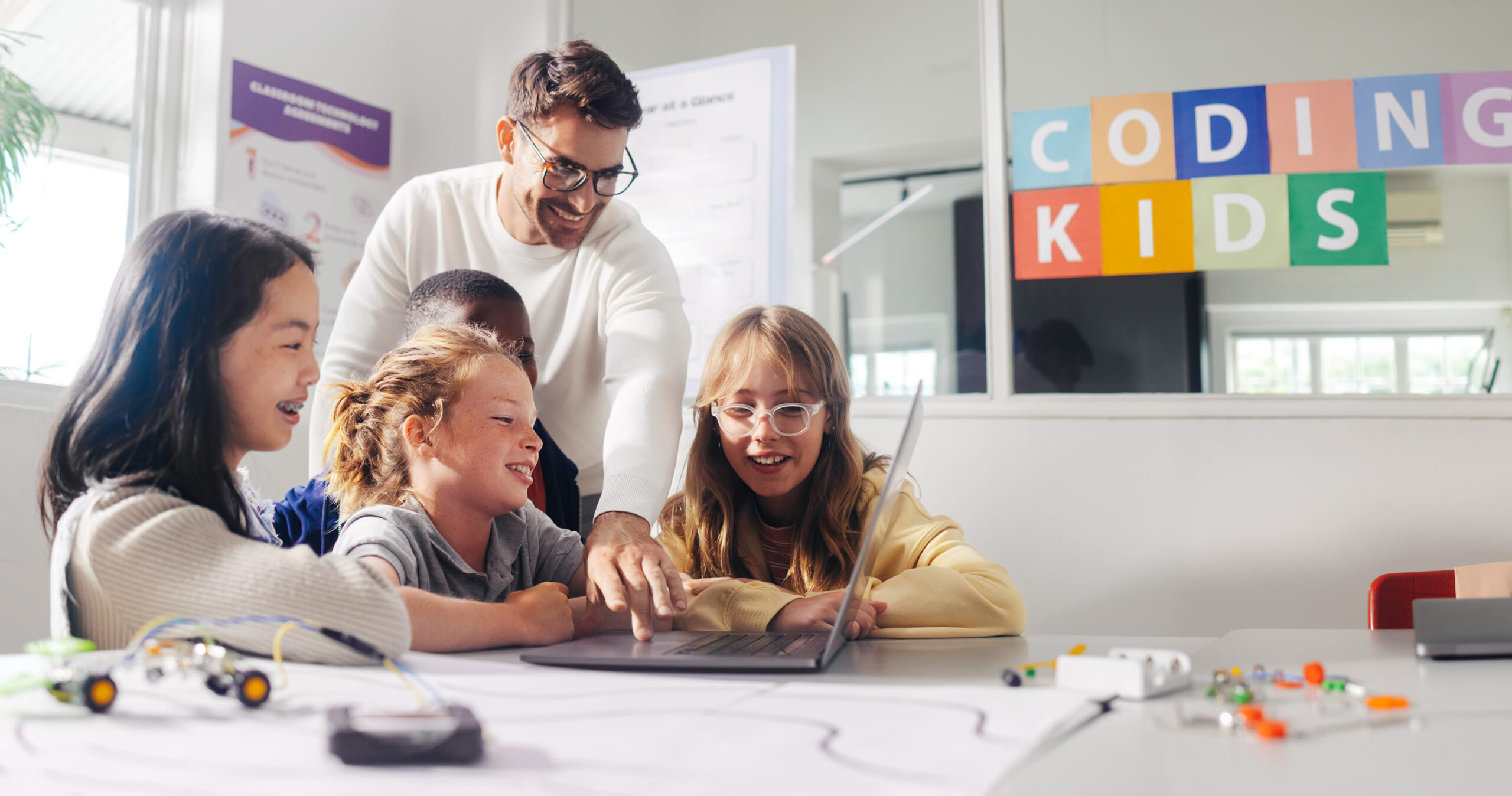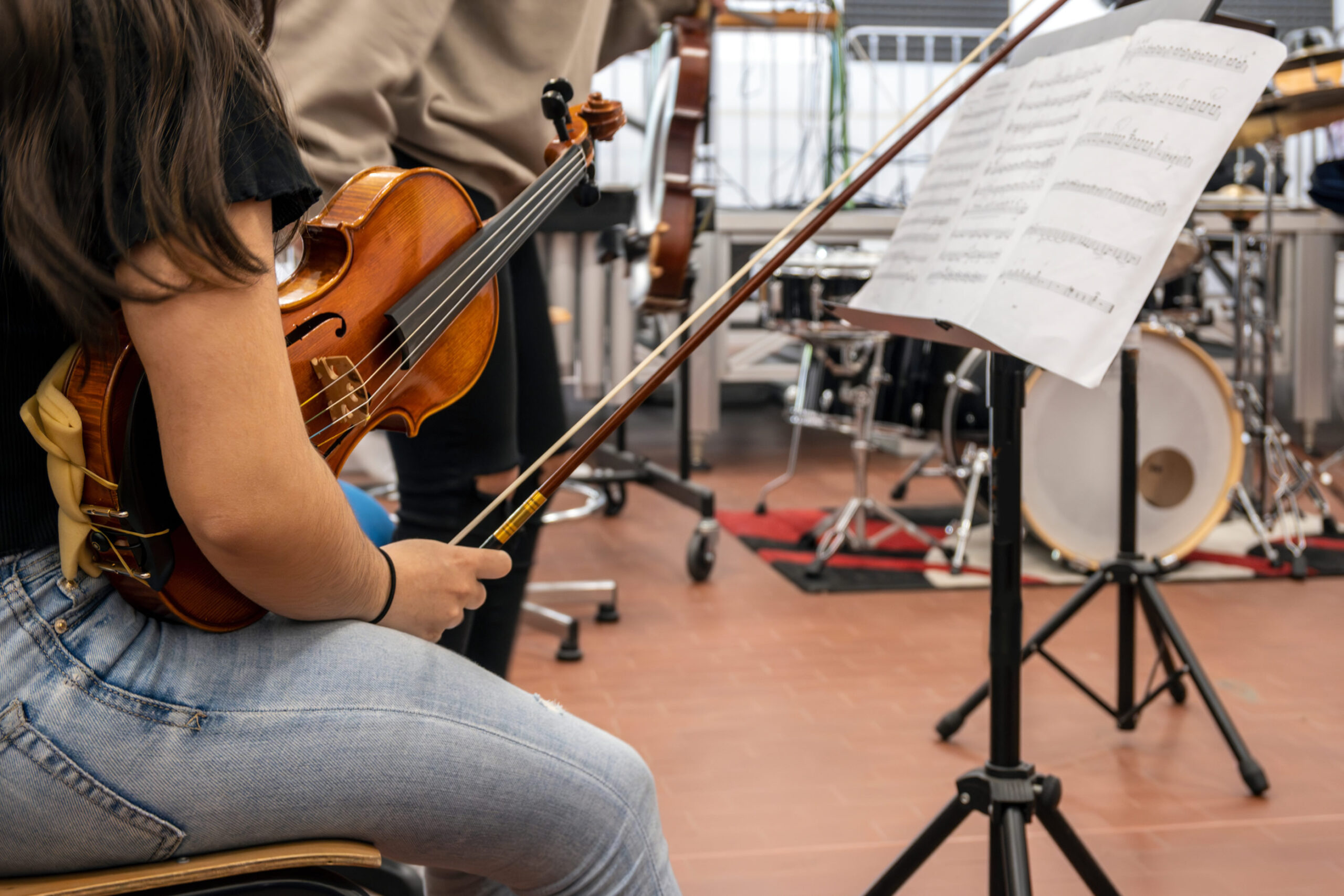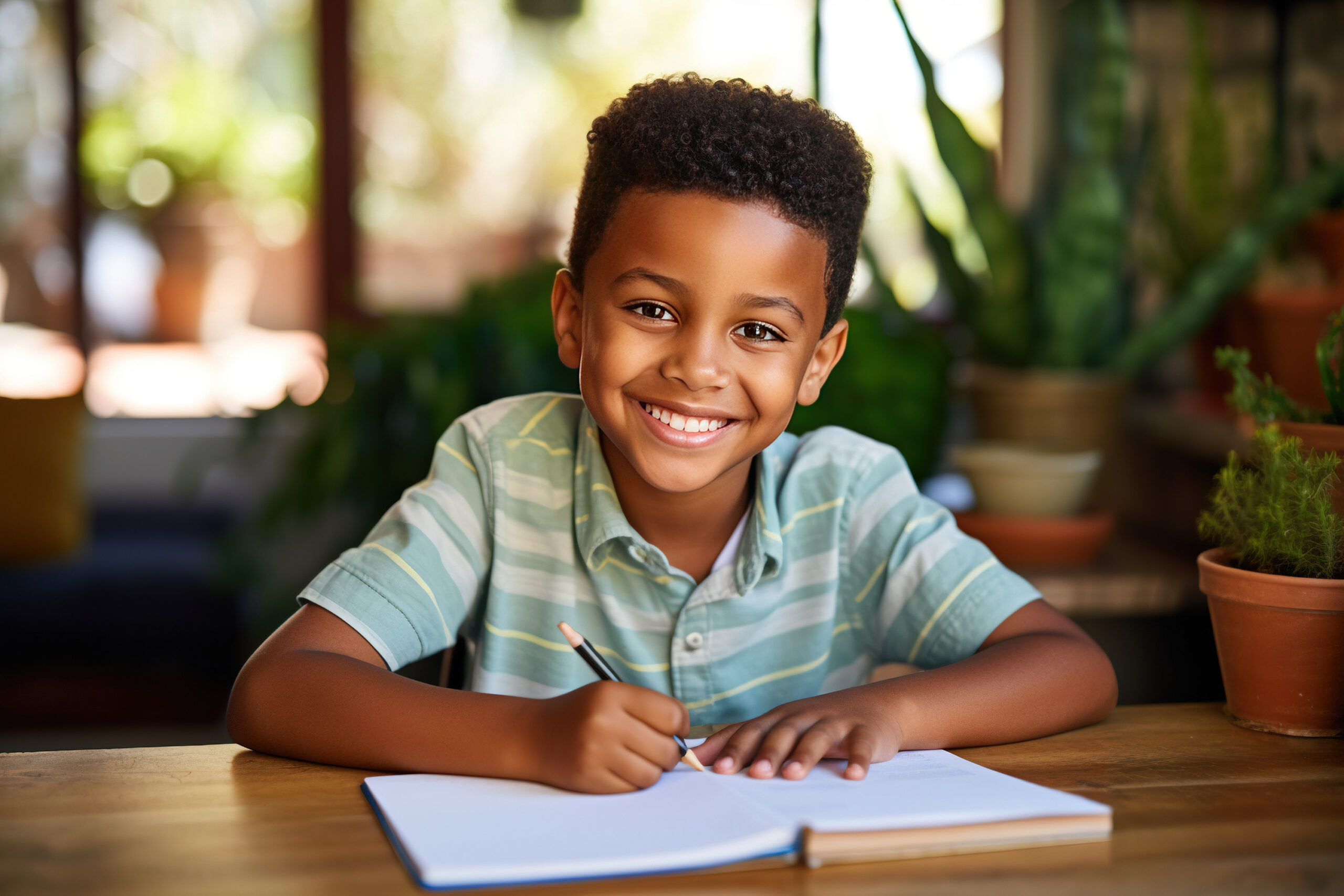Teaching Gifted
Classroom Needs
Intellectually gifted students need a learning environment that stimulates them, challenges them, and allows them to move at their own pace while still having the necessary support of their teacher behind them (Bauer et al., n.d.). This can take many different forms in your classroom depending on the size of the classroom, the amount of gifted students, the budget of your school, and many other factors that you will know. Regardless of these factors, here is some general advice from experts that will help you teach these gifted students and allow them to prosper.
Learn about giftedness: You have already made a great first step by reading this website and learning about giftedness. Developing an understanding of the needs and behaviours of gifted children is essential in creating a supportive school environment for them (Davidson Institute, 2020). There are many resources available for furthering your knowledge about giftedness beyond this website.
Get to know the child and their interests: It is easy for some people to paint all intellectually gifted children with one brush and assume they are all just smart kids and nothing more. This is not the case at all. Every gifted child has their own unique set of interests, strengths, weaknesses, and personalities that must be accounted for. For example, a gifted child might excel dramatically in English but struggle with mathematics or vice versa. Along with extension for their strong subject(s), they will also need support like any other child to help them with subjects that they may not be so naturally good at. Don’t make assumptions, and don’t place excessive expectations on them just because they are gifted. Work with the child and potentially their parents/caregivers to develop an understanding of them and their needs. They will be extremely grateful (Classful, n.d.).

Provide specific feedback: Particularly in younger years, many gifted children can succeed in tests and assessments through their intelligence with little to no additional effort. However, as Monita Levitt (2017, p. 70) explains, it is important to remind gifted to students of the importance of effort so that they can still succeed in heavier work they may find, for example, in high school, which may require additional study. Levitt recommends that teachers do this by providing specific feedback on work. While this is useful for gifted students, it can actually be useful for non-gifted students too. She says some teachers may write brief phrases like “excellent” or “needs improvement” without any further detail. Teachers should instead meet the gifted child at their skill level with feedback that they can use to further excel. You might point out specific passages in their writing that are really effective, suggest an alternate way of thinking about a concept, or look at their work from any number of alternate angles so that they actually have something to put effort towards in future work.
Considering acceleration and/or enrichment: Two terms often found in literature on gifted students are “acceleration” and “enrichment”. According to Stanley (2018), acceleration entails moving a student forwards. This might involve single-subject acceleration where they take a higher year level of one class, grade acceleration where they skip a full grade, or other forms. Enrichment instead goes deeper into the existing curriculum content and extends gifted students past the required standards. This could involve initiatives such as creating more in-depth assignments for gifted students or modifying the subject material to better suit their interests. One method is not necessarily better than the other, and like many aspects of gifted education, the appropriate response depends on the child. An ideal program for a student may involve both acceleration and enrichment. A 2012 report from Maher and Geeves which you can read HERE dispels myths about acceleration, like the myth that “age trumps everything else”. Nevertheless, it is important that when considering acceleration, school staff work closely with the parents and the student to ensure it is something they are comfortable with and would benefit from. Enrichment can also make a huge difference for gifted children but can be more difficult for the teacher. With enrichment, it is critical to ensure that the additional depth of learning you offer to the gifted children doesn’t result in busywork like just doing more worksheets than their peers as that will simply frustrate them more (Kaplan Learning Centre, 2020). As a teacher, you have to ensure your enrichment work generally aligns with the student’s interests and allows them to utilise the higher-level thinking they are capable of. Enrichment can be particularly difficult in larger classes where the teacher’s attention may be stretched between adequately supporting any gifted students along with the non-gifted students. To determine the best program for your gifted student(s), work with the student, their parents, and other appropriate staff and consider all the options available (Stanley, 2018).
Underachievement
To many, it seems strange that some of the brightest kids in a class may not be naturally performing at the high levels they are capable of. This is often a result of an inadequate learning environment. If gifted students are constantly having to do work that bores them and is significantly beneath their abilities, and if they don’t have teachers that understand their needs, they can gradually become disillusioned with the academic system and stop putting in the effort they are capable of (Hare, 2023). Some students might also purposefully underachieve in order to fit in with their peers. This will be explained further in the next section on Social Experiences, but gifted children generally struggle in the social environment, so it makes sense that they would go to great lengths to try and remedy this struggle. (Davidson Academy, 2021).
If you notice that a gifted student in your class is underachieving, it’s important to first determine why this is happening. This will likely involve talking to the child and possibly their parents/caregivers to understand what’s going on. To help this student, follow the aforementioned advice. Reassess the learning environment you are providing for them and see if anything can change to make it more engaging for them. Also, make sure you are supporting the child in all their attempts and not just the ones they are successful at. Ensure that the student knows you are unequivocally there for them and their needs (Lucas, 2021). If the underachievement is a social response, your response may vary considerably depending on the specific situation and your school structure. In any case, involving other supports like a school counsellor (if available) may be very helpful to the child and help them to express their concerns in a safe and caring environment so that they can be addressed (American Association of School Counsellors, 2019).

Social Experiences
Gifted children can experience unique struggles in their relationships with peers and friends. Teachers must be aware of this if they are to support gifted students at school.
As gifted students think at levels well beyond their age, they quickly become aware that they think and behave differently to their peers. The intensity of gifted children’s interests can also cause difficulties as their dedication to particular areas of knowledge may be off-putting to peers who do not understand or care for what the gifted child wants to talk about. The emotional intensity common across gifted children often affects their desire for friends too, as gifted children are likely to long for a deep, emotional connection with friends even from a young age (Vanguard Gifted Academy, 2019). Due to their heightened emotional sensitivity, gifted children can struggle deeply with losing friends as well. While nobody likes losing friends, gifted children might spend years trying to find the right friend and due to the intensity of their emotions, losing a friend can be truly devastating to them. Their friendship holds an intense importance to the child from very early on. Gifted children often find the individuality and uniqueness of human beings utterly fascinating, and like their intensity in other areas they may desperately desire to share in their experiences with others even when they are deprived of this ability (The Grayson School, n.d.). Because of their differences to other students, gifted students are also particularly prone to bullying and unfriendliness from their peers. Once again, the emotional sensitivity of the gifted student plays a part and means they will likely be greatly impacted by the bullying. This can lead to other problems like the previously discussed issue of underachievement due to social pressure, or mental health issues such as depression (Gordon, 2021). As a whole, gifted children often struggle with the feeling that they don’t “fit in”, which can of course be extremely difficult.
Some areas may have programs specifically for gifted children in an area of interest which can be very helpful in developing friendships. However, these can be expensive, and are not easily accessible everywhere. Instead, you may wish to encourage the child to pursue extracurricular and/or community activities in areas like sports, music, or the arts that they might be interested in. Environments like bands or sporting teams can be great for interested gifted students as they allow the student to share their intense love of an activity with others who share this enjoyment. Meeting like-minded people can be hugely beneficial to gifted students who may otherwise feel that nobody understands them (Duke University Talent Identification Program, 2014; Olszewski-Kubilius, 2004).
It is sometimes also recommended that parents teach their gifted children social skills like how to ask people questions about themselves or how to give people personal space. While this is generally a parental responsibility, as a teacher you too can still support your gifted student with this. In your interactions with the student, be conscious of the behaviour you are modelling and the way that you speak to them. If they want to talk to you about their interests, try not to dismiss them. By simply engaging in those general social skills with the student as a trusted adult you are further demonstrating to them good ways of interacting with others (Youd, 2016). A lack of friends for gifted students is rarely a personal “fault” and should definitely not be treated as such, but practicing these skills may nevertheless make their social lives a little easier and more fulfilling.
Like with any student, you should also be keeping a close eye on bullying. If a student is suffering from bullying, don’t encourage them to change to fit the norm; empower the student, let them know you are there for them, and make sure they feel comfortable reporting issues to you (Gordon, 2021). Finally, like with other issues in giftedness, it may sometimes be useful to employ the support of a school counsellor or another professional depending on circumstances. Mental health professionals can help the gifted student with their intense emotions and struggles with friends. They can provide the student with advice, advocacy, coping strategies, and other help that may allow them to build friendships with the right people as well as assist them in their academic life (American Association of School Counsellors, 2019).
Key Pages
Giftedness Explained
Learn about giftedness, its prevalence, traits, and factors that contribute to its development
Teaching Gifted
Learn about the classroom needs of gifted students, underachievement, and their social needs
Resources
A wide array of resources to assist you in teaching gifted students and empowering them


